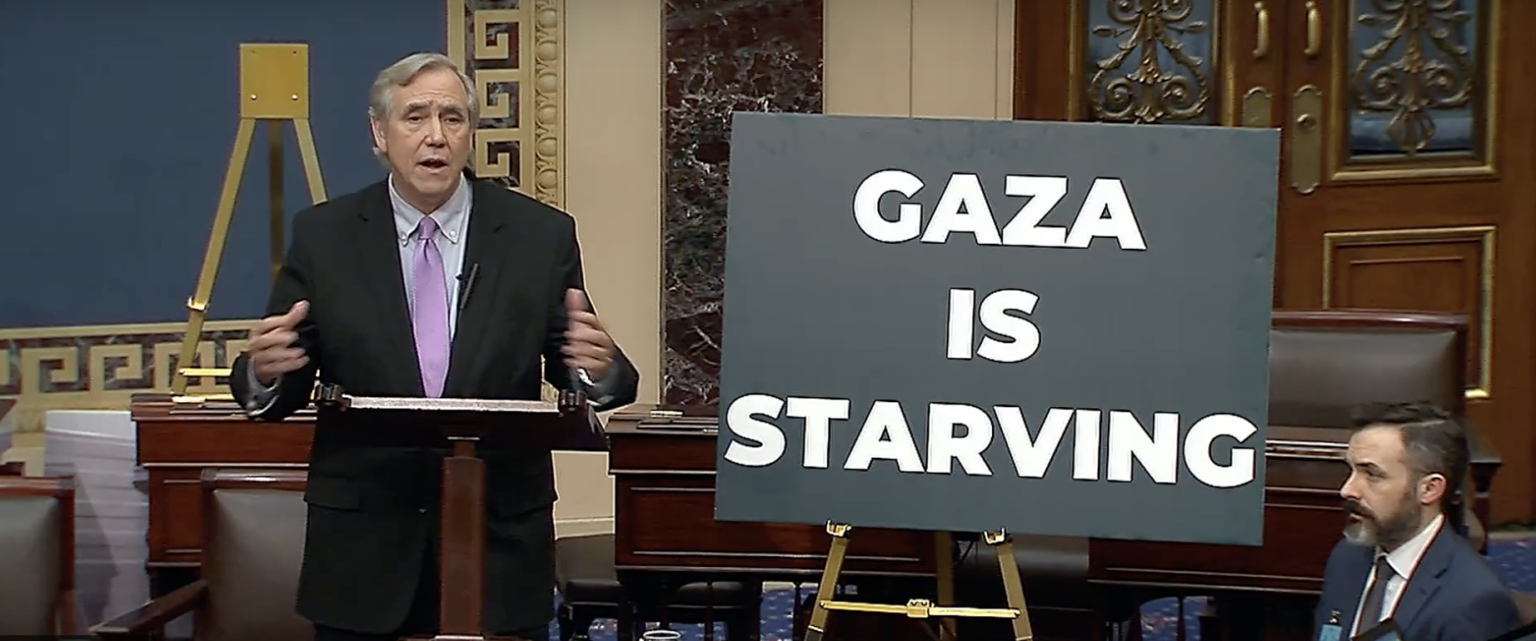OPINION: Let’s avoid California and Washington’s mistakes when it comes to auto insurance
Published 2:42 pm Tuesday, March 7, 2023
Over the past year, Oregon consumers have felt the pinch as rising prices squeeze their pocketbook.
Trending
As legislators meet for session in Salem, it is critical they look for ways to keep the cost of living affordable.
Unfortunately, proposed House Bill 2920 would do the exact opposite — it threatens to increase the cost of auto insurance (which is required by law for all Oregon drivers) at a time when Oregonians can least afford it.
House Bill 2920 is aimed at insurers, but it will hit consumers. The law would prohibit insurers from using data currently used to provide discounts on auto coverage that are based on proven predictive risk factors, leaving companies to rely solely on just three factors: driving record, miles traveled and years of driving experience.
Trending
At first glance, this may sound appealing, but a closer look at modern insurance pricing and what’s happened to our neighbors in Washington and California reveals a very real threat for Oregon insurance policyholders.
Right now, insurers use a range of factors to set rates including age, education, occupation, credit history, and zip code — along with driving-related factors like tickets, accidents and miles driven. It helps them accurately predict risk of claims and helps price policies accurately. Consumers benefit from this process, and most save money – an average of 30% to 59% on their car insurance, studies have shown.
How would House Bill 2920 impact rates?
Just look around: California limits insurers to just a few factors, and today, Californians pay on average over $1,000 more than consumers in Oregon, according to a 2023 analysis by Forbes.
Looking north, Washington provides a similar cautionary tale. When that state’s insurance commissioner in 2021 banned the use of risk factors in setting rates, over 60% of consumers — many of them retired seniors on fixed incomes — were hit with premium increases when their policies renewed. Since the courts blocked this rule, rates have trended back down.
Prohibiting the use of predictive risk factors limits information insurers can use to customize, personalize and provide discounts on auto policies. “Good credit discounts,” “good student discounts” and specialized policies at reduced rates for first responders, teachers, nurses, military personnel and others could disappear.
Differences in age matter too — consider the much higher accident rate for new, young drivers, for example.
When companies are unable to use these factors to set rates, consumers pay more than they should compared to their risk.
That also means those who pay more than they should subsidize the lower cost of insurance for higher-risk drivers who should pay more.
Also, we should think about the impact these proposed changes could have on availability and affordability, and the overall stability of Oregon’s insurance market for consumers.
The changes proposed in HB 2920 represent a dramatic shift in auto insurance pricing. Both Washington and California suffered significant disruption in their insurance markets when implementing changes like these.
We don’t want to see disruptions that force Oregon drivers into a high-risk pool, where rates could be even higher.
Oregon consumers enjoy strong protections in existing law regarding the use of their data.
Insurers cannot use race, income, ethnicity, or religion in setting rates. Insurers cannot cancel or fail to renew a policy based on insurance scoring or credit history, and they cannot raise rates when a policy renews based on a negative change in a policyholder’s credit score. And insurers must share their scoring models with Oregon’s state regulators for review.
HB 2920 threatens market disruption and higher auto insurance costs for Oregonians. Please contact your local legislator and urge them to oppose this legislation.







